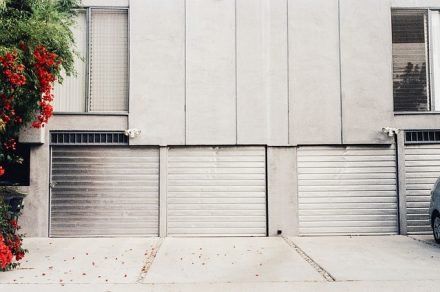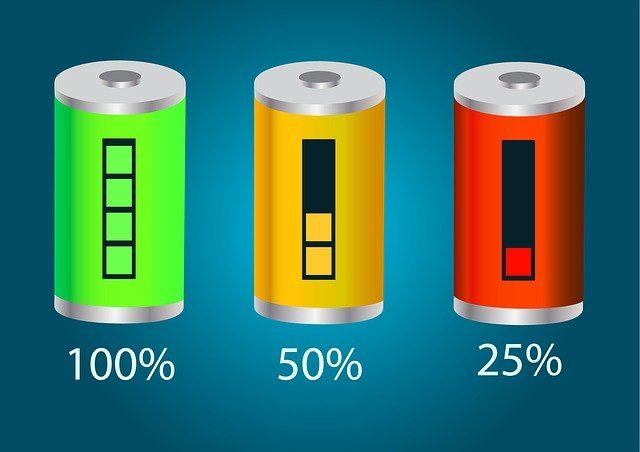Existing Law Under the existing law, automatic garage door openers installed in residences are required to have specified safety requirements, such as an automatic reverse safety device. However, this new bill goes a step further, requiring a battery backup function that can work during a loss of electrical power. In addition, once this bill becomes law on July 1, 2019, property owners and landlords will be prohibited from installing a replacement residential garage door that is connected to existing door openers not meeting these requirements.
Civil Penalties
While some property owners and landlords may not feel as if this new law is terribly important, the fact is a failure to comply can result in fines that can quickly add up to thousands of dollars. Under
SB-969, failure to comply with these regulations can make a landlord or property owner subject to a civil penalty of $1,000. But remember, this is $1,000 per each opener that is installed. Therefore, if numerous properties are found to be in violation, the fines can quickly mount up. So while it may be an inconvenience in terms of time and money used in making the necessary changes, failure to do so will likely add up costing property owners far more overall.
Resident Safety
When tenants move into a new residence, they expect the property owner or landlord to provide them with a reasonable level of safety where they live. Thus, if an incident occurs and it is later determined the property owner failed to obey existing laws, they could open themselves up to substantial lawsuits. Rather than find themselves entangled in lawsuits involving tenant-landlord law, as well as facing possible personal injury lawsuits or even criminal charges in extreme cases, landlords will find it much easier and protective of their interests to make the necessary changes to various garage doors located on their properties.
Health and Safety Code
Since the new regulations in this bill apply to the California Health and Safety Code, property owners and
landlords
should pay particular attention to it to ensure they are not left facing code violations. Because there are various sections of this code, penalties can vary. For example, if violations are found to subdivisions A, B, or C of sections 19890 or 19892 regarding an opener installed, manufactured, sold, or offered for sale, a civil penalty of $1,000 can be enacted per opener. However, if violations apply to subdivisions D and H of the code, the civil penalty can be only $500 per opener installed or operational.
Court Proceedings
In cases where it is found a property owner or landlord is in violation of this law, court proceedings can be initiated by different sources. These can include local agencies whose building departments have jurisdiction over the enforcement of building standards, a district attorney’s office, or even by an affected consumer, such as a tenant in a rental property. In these cases, the payment of any civil penalties imposed upon a property owner or landlord shall be paid in various ways. For example, if a local agency or district attorney’s office initiates the proceedings, penalties are payable to the agency itself to help offset court costs. However, if a consumer initiates the proceedings, any civil penalties ordered to be paid shall be paid directly to the consumer. Thus, if a tenant initiates these proceedings and is found to be correct in their assessment of the situation, a property owner will be paying their fines to their tenant.




























